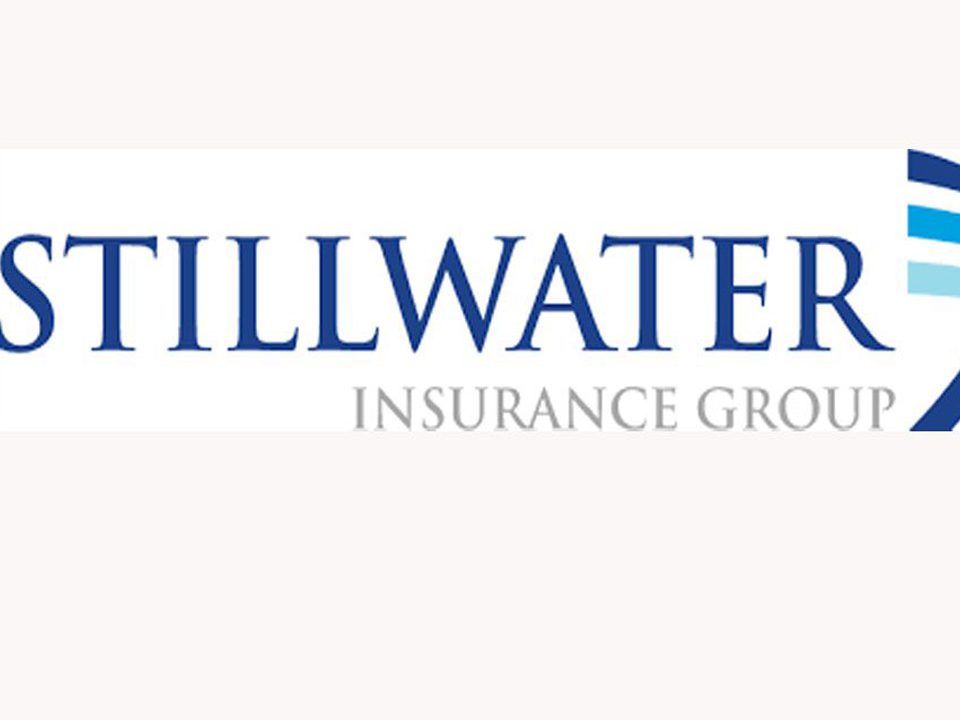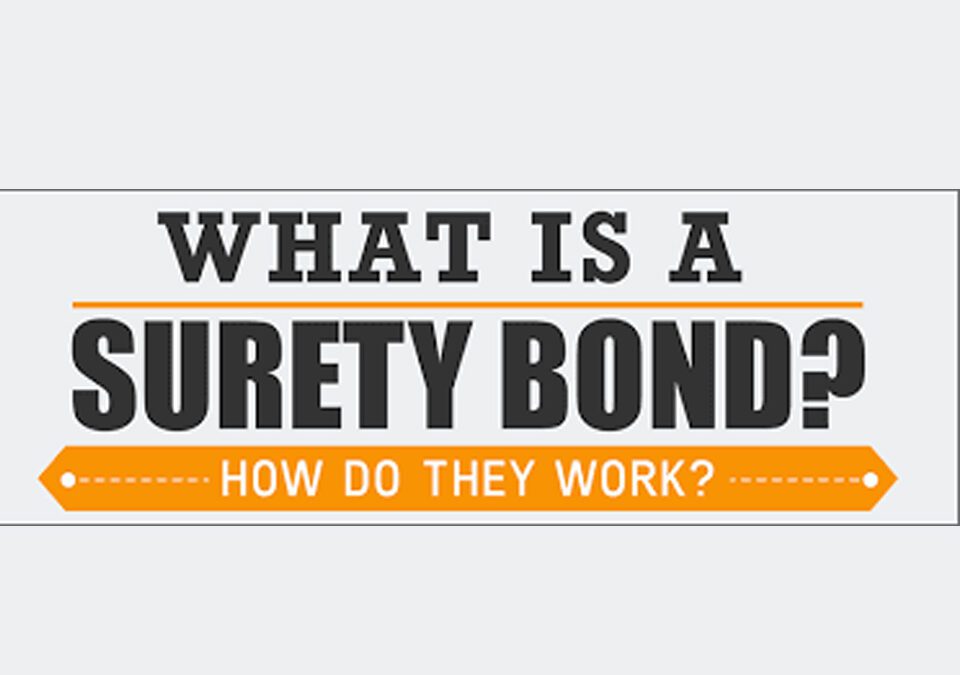
Who is Stillwater Insurance Group?
December 14, 2021
HMO vs PPO – Health Insurance
January 17, 2022Surety Bonds – Contract bonds are an important surety bond class that contractors purchase when bidding on or entering into a contract with a project owner. The 1935 Miller Act requires contractors to become bonded on all federally funded projects costing $100,000 or more, and many states have passed “little Miller Acts” mirroring the federal requirement on a state level. Additionally, project owners on private projects recognize the security that contract bonds offer them, and will usually require contractors to be bonded as well. Simply put, if your customer is a contractor then chances are they will need to purchase a surety bond at some point in their career.
The underwriting process for contract bonds can be confusing, and surety companies will carefully consider a myriad of factors when assessing your customer’s eligibility and the premium rate they qualify for. To help agents better navigate this process, we’ve created this comprehensive guide explaining the underwriting requirements for contract surety bonds and how insurance agents can efficiently obtain them for their customers.
What are Contract Bonds?
Before we dive into the underwriting requirements, it’s important to understand what exactly contract bonds are. A contract bond is a type of surety bond that, depending on the bond’s classification, protects the project owner, laborers, and suppliers from financial harm if the contractor fails to complete the work specified in the contract or does not pay for materials used or work performed. There are multiple different classes of contract bonds, each with its own unique purpose.
Bid Bond
Before submitting their bid on a project, contractors will usually need to secure a bid bond. These bonds ensure that if the contractor is awarded the contract, they will sign it and meet all requirements of the bid specifications. In the event that a valid claim is made against a bid bond, the surety company must pay the project owner the difference between the contractor’s bid and the next lowest bidder (but not more than the bond amount).
Performance Bond
Performance bonds ensure that the contractor will complete the work in accordance with the terms specified in the contract. Additionally, these bonds also protect the project owner if the contractor’s work is of poor quality.
Payment Bond
Payment bonds ensure that all laborers, suppliers, and vendors will be paid in full by the contractor. If the contractor does not have a payment bond, then a lien could potentially be placed on the project, adversely affecting the project owner and the project’s overall success.
To learn more about Bid, Performance, and Payment bonds check out our page located hereby.
Subdivision Bond
These bonds are required for developers seeking to sell the individual lots of a new residential subdivision before construction is completed. Subdivision bonds ensure that developers will complete the construction of all public infrastructure such as sidewalks, storm drains, and streets.
Supply Bond
Businesses that supply contractors with construction materials will generally need to obtain a supply bond for each individual purchase order. Supply bonds ensure that the supplier will provide all materials specified in the purchase order.
What are the Underwriting Requirements for Contract Bonds?
Underwriters will seek to determine the level of risk that a valid claim will be made against the bond as well as the contractor’s ability to repay the surety company for all claims and claims handling expenses. Claims made against contract bonds are completely avoidable, and will typically only occur if the contractor intentionally violates the terms of the contract or is negligent. Additionally, contract bonds are subject to indemnification, meaning that the contractor must repay the surety company for all valid claims and claims handling expenses. The underwriting requirements for contract bonds will most often consist of:
Personal Credit
The most important underwriting criteria for contract bonds will be the contractor’s personal credit score. While personal credit doesn’t necessarily correlate to the chances the project will be successful, it does provide underwriters with the best method for assessing the likelihood of the contractor repaying the surety company for claims. Additionally, the contractor’s credit score is indicative of the likelihood they will pay all suppliers and laborers and therefore avoid claims against their payment bond. Surety companies will conduct a “soft credit check”, meaning that the check will not impact the contractor’s credit.
Financial Statements
For larger bond requirements (think $500,000 or higher) underwriters will want to review the contractor’s personal and business financial statements. By examining financial statements, underwriters are able to determine whether the contractor has the necessary capital required to repay the surety company for claims.
Ownership Structure
Underwriters will want a clear picture of the company’s ownership structure, and the names of all company owners listed on the bond application.
Examining the contractor’s credit score, financial statements, and ownership structure allows underwriters to determine the contractor’s overall financial responsibility, and, as mentioned above, both the likelihood the contractor will repay the surety company for claims as well as their ability to do so. Now let’s take a look at the underwriting requirements utilized to determine the likelihood the project will be successful.
Business Experience
Contractors with extensive business experience will be considered less risky by underwriters. The more successful projects a contractor has under their belt, the less likely it is that they will have a claim made against them.
Project Cost
The larger the project’s cost, the more liability the surety company will have to assume. Following that logic, projects costing $1 million or more will be considered riskier.
Project Length
Surety companies consider projects lasting one year or less to fall within their preferred level of risk. Projects that are expected to last longer than 1 year will be considered riskier by surety companies.
Source of the Project’s Funding
Underwriters will want to know who is funding the project. This helps the surety company determine whether the individual/entity funding the project has enough capital to see the project through to completion.
To Learn More: Get a FREE Bond Quote Online Today

